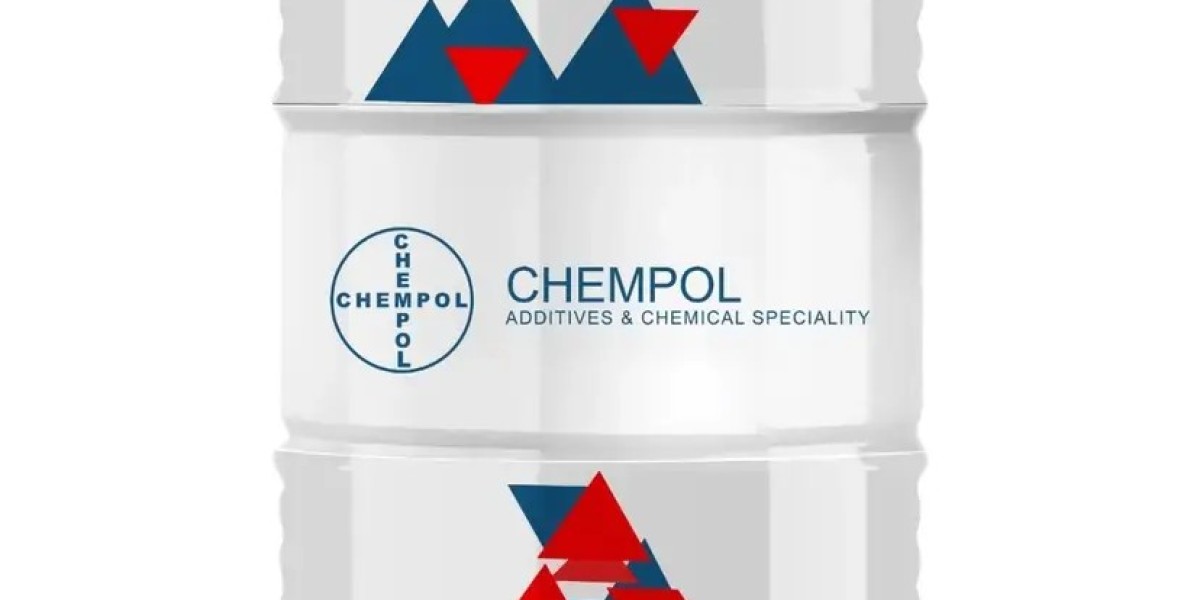Today, engines are subjected to greater stresses than older ones, as they operate at higher temperatures, run at higher speeds, and are under heavier loads. In fact, every new model aims to achieve greater power with lower fuel consumption; however, this advancement generates more heat, friction, and wear on moving parts. Thus, an engine that generally operates under extreme conditions requires oil capable of supporting such loads. This is exactly where synthetic oil steps in to perform what mineral oil of the old style simply cannot.
The production of modern oils is planned with very specific objectives in mind. They should not only be the engine's protectors but also the extenders of exhaust part life and the improvers of fuel consumption. The main feature of synthetic oil is its composition, which remains stable whether the engine is cold or hot. When oil is supplemented with effective lubricant additives, it becomes an invulnerable layer that protects the engine from wear, dirt, and heat. These are the reasons that operators of machines, drivers, and fleet owners who use this combination in their vehicles mostly agree that it delivers better performance and a longer lifespan.
This blog explores how synthetic lubricants help engines work better, stay clean, and run longer with less damage.
Why Engines Need Stronger Oils Today
The changes in engines over the last decade have been more significant than in the previous 30 years combined. The makers of cars and trucks nowadays design engines with less space, faster cycles, and higher compression. Although these engines are capable of producing large power, they still generate higher temperatures and cause more wear. It is well known that with increasing heat, oil degradation begins, leading to reduced viscosity, increased deposits, and reduced effectiveness in metal-to-metal contact areas.
Synthetic oil can withstand such a challenge to a greater extent, as it is made from identical molecules that resist high temperatures and do not thicken even at low temperatures. This is the reason why oil can still be delivered very well even through extremely tight areas and at the time of engine start-up. Mineral oil types are often unable to perform in these locations, particularly when engines are under prolonged operation, elevated loads, or when the vehicle moves through dusty, congested areas daily.
How Synthetic Oil Improves Everyday Performance
Performance is not just about speed or acceleration. Real performance means smooth movement, better fuel use, and enough strength to handle long drives without signs of struggle. Synthetic oil supports these needs by creating stable lubrication across all conditions.
At cold temperatures, synthetic molecules move faster and reach moving parts sooner. This early protection reduces rough starts and lowers wear. When the engine is hot, the oil stays firm and does not thin. This stability keeps friction low, even when metal parts move with high force.
Engines that use synthetic oil often feel smoother, respond quicker to throttle changes, and maintain power even after hours of operation. Since the oil moves without drag, the engine does not waste energy fighting internal friction. This improves efficiency and gives the engine a lighter feel on the road.
How Additives Support Stronger Performance
Oil may be the main ingredient, but it alone does not protect the engine. Lubricant additives help the oil maintain strength under stress. They keep metal surfaces clean, reduce rust, and stop dirt from sticking to the engine walls. Without these additives, the oil would lose stability, break down faster, and leave deposits behind.
Additives designed for wear control help create a thin film on metal parts. This film reduces the force of metal-to-metal contact and slows wear on critical parts such as pistons and bearings. Additives that control dirt keep dust and soot suspended in the oil, preventing them from turning into sludge. This prevents clogs and keeps the engine breathing better.
Heat control additives help oil resist breakdown at high temperatures. Engines produce intense heat each time fuel burns, but these additives help absorb the stress and keep the oil fresh for a longer period.
Clean Engines Last Longer and Run Better
Sludge, soot, and deposits shorten the life of any engine. They slow the oil flow, trap heat, and make moving parts work harder. As deposits form, the engine loses power and fuel consumption increases.
Synthetic oil limits these issues because it does not react to heat the way mineral oils do. It resists oxidation, which is the process that creates sludge. It also prevents soot from sticking to engine walls. When the engine stays clean, it can perform its best with less effort. Clean metal surfaces also transfer heat better, so the engine stays cooler and more stable during long drives.
A clean engine not only performs well but also runs efficiently. It lasts longer because the parts are not subjected to stress from dirt buildup. With synthetic oil and strong lubricant additives, engines keep their original strength for many years.
Fuel Efficiency Gains That Come from Better Lubrication
Fuel efficiency depends on how easily the engine moves. When friction within the engine increases, fuel consumption increases because the engine must work harder to overcome drag.
Synthetic oil moves freely and does not thicken at low temperatures. This reduces drag during every engine cycle. The result is smoother power and better fuel use. Many users report noticeable improvements in mileage after switching to synthetic oil.
Additives also help fuel burn cleaner by preventing deposits from forming in combustion chambers. When fuel burns cleanly, the engine produces more power with less fuel.
Better Protection for Heavy-Duty and High-Load Engines
Heavy-duty machines depend on stronger lubrication than standard vehicles. Trucks that move goods, construction-site machinery, and engines in farming equipment all face dust, heat, and long operating hours.
Synthetic oil becomes the safer choice for these engines because it handles constant heat better and does not lose its protective film. Heavy machines often operate in slow cycles or at high torque, which puts significant pressure on internal parts. Synthetic oil remains firm under these loads and helps keep friction under control.
With the help of lubricant additives, the oil captures soot and dirt without letting them settle. This protects bearings, pistons, and turbo parts from damage. It also reduces the need for frequent oil changes, helping fleet operators save both cost and downtime.
Why Synthetic Oil Lasts Longer Between Changes
The long service life is one of the most potent advantages of a synthetic oil. Mineral oils age faster because their molecules separate when heated and pressurised. This causes the oil to thin, weaken, and form sludge more quickly.
The synthetic oil is made from stable molecules that can withstand heat and do not separate. Even if the engine is very hot for several hours, the oil maintains its composition and does not thicken or become sticky. The additives slow down the breakdown process even further as they fight oxidation and help keep foam under control.
Thanks to this stability, synthetic oils can be used for a much longer time between services. Car owners have lower maintenance costs, and their engines receive uninterrupted protection throughout their lifespans.
How Synthetic Oils Reduce Noise and Vibration
An engine is noisy when the parts that collide or rub against each other with very little oil in between make a metal-to-metal contact. Mineral oils often thin out at high temperatures, increasing the likelihood of metal-to-metal contact. Synthetic oil maintains its viscosity and keeps parts lubricated.
Thus, knocking is reduced and vibration is softened. During long hours of driving, smooth operation not only makes the driver more comfortable but also reduces the load on engine mounts and bearings. Eventually, the continued quiet operation will help the engine age more gracefully.
What Drivers and Operators Experience After the Change
People using synthetic oil frequently notice the following effects:
Better vehicle response when accelerating
Quieter engine
Reduced fuel consumption
Less frequent oil refills
Reduced heating during long trips
Reduced repair issues over time
All these benefits are the result of the oil being stable and clean under very different conditions.
The Road Ahead for Synthetic Lubricants
Lubricants of the future will be largely reliant on synthetic oils. Engine manufacturers are making their engines smaller and hotter each year. Such engines do not work well with old oils. In many areas, especially where strict emission rules apply, synthetic oils will be the standard.
Additives will become more intelligent, providing new ways to protect engines and improve fuel consumption. New blends will offer greater strength and lower environmental impact. As engine technology advances, synthetic oils and lubricant additives will be the main factors that ensure engines remain clean and durable.
Final Thoughts
Synthetic lubricants are more than just protective agents. They enhance performance, extend engine life, keep the system clean, improve fuel efficiency, and reduce wear across all parts. With the help of synthetic oil and advanced lubricant additives, engines remain strong, smooth, and reliable for a much longer time than with mineral oils.








